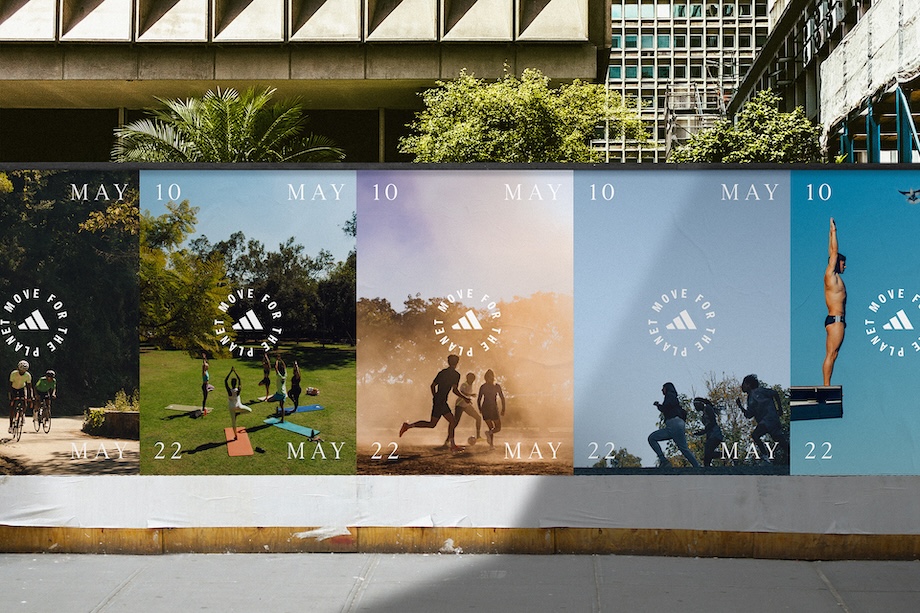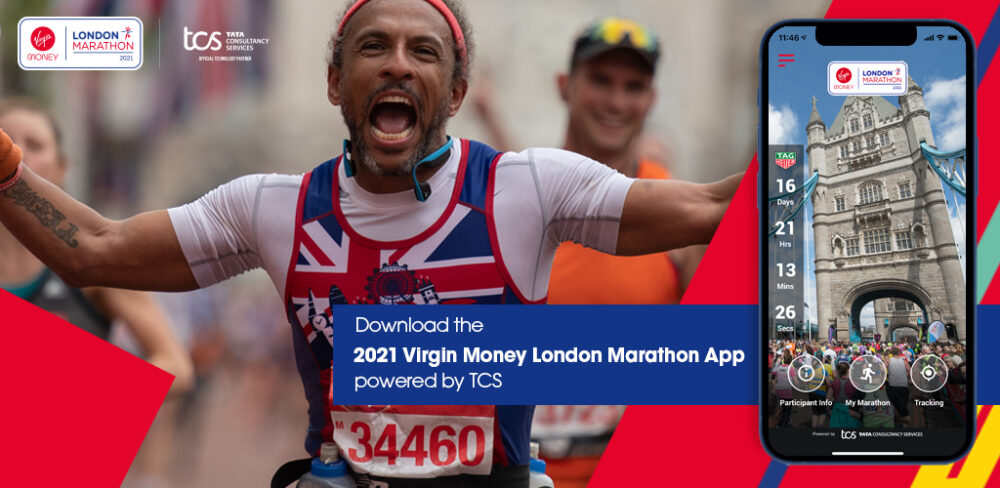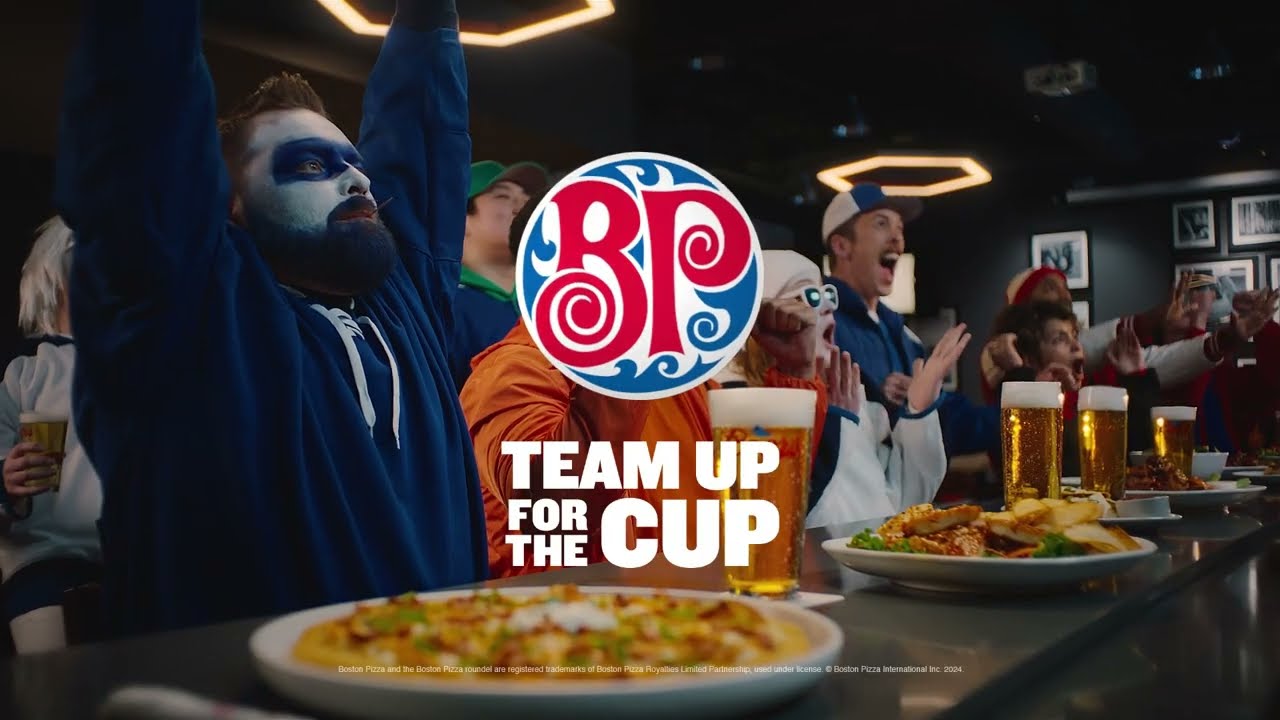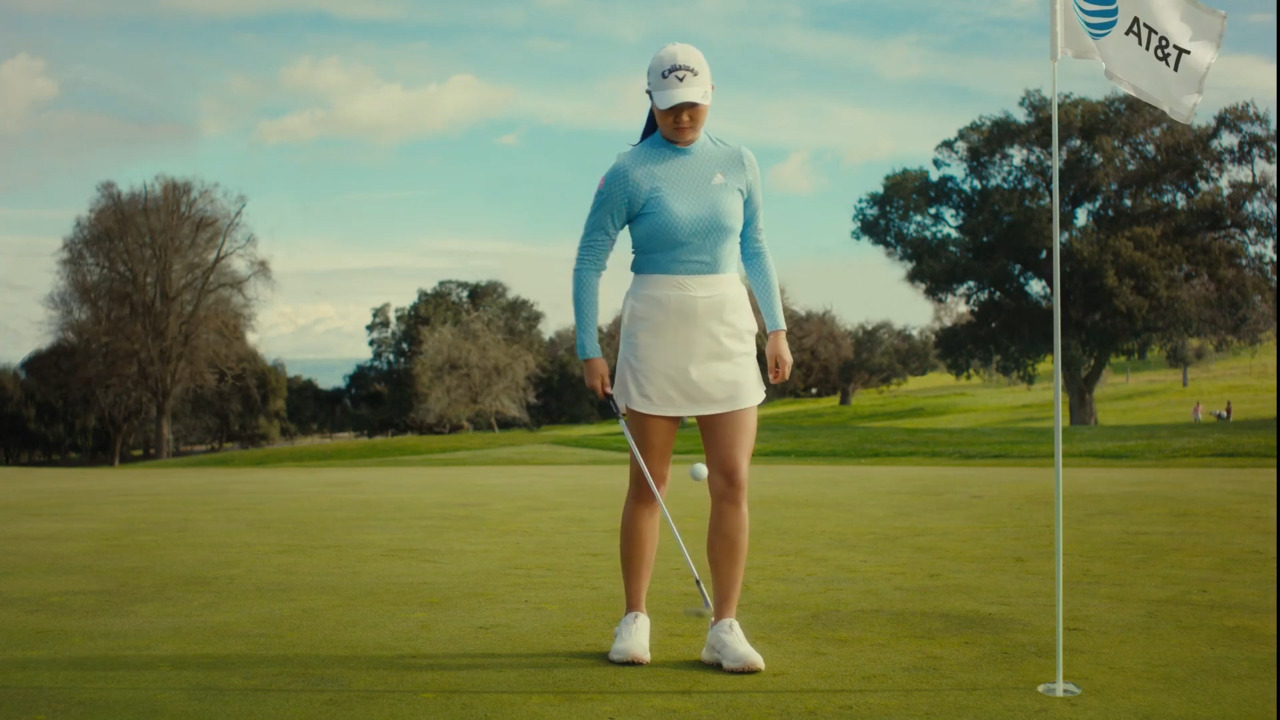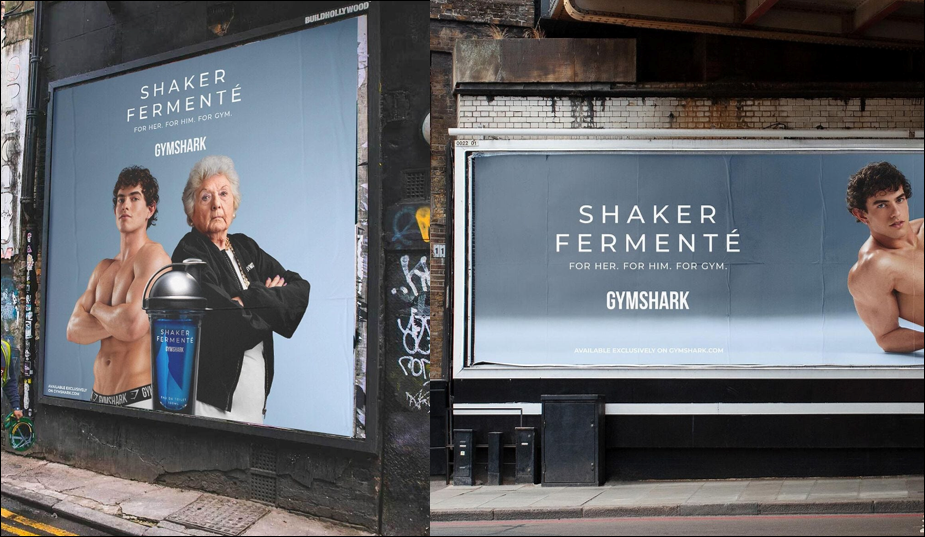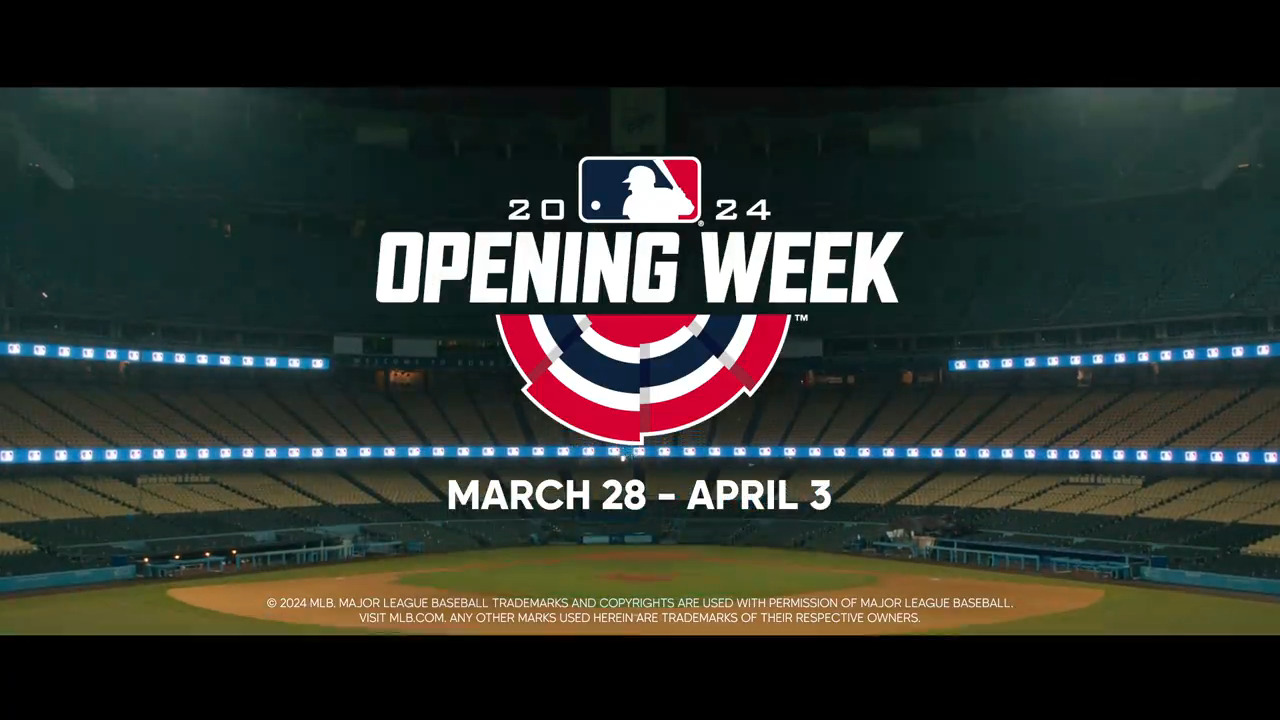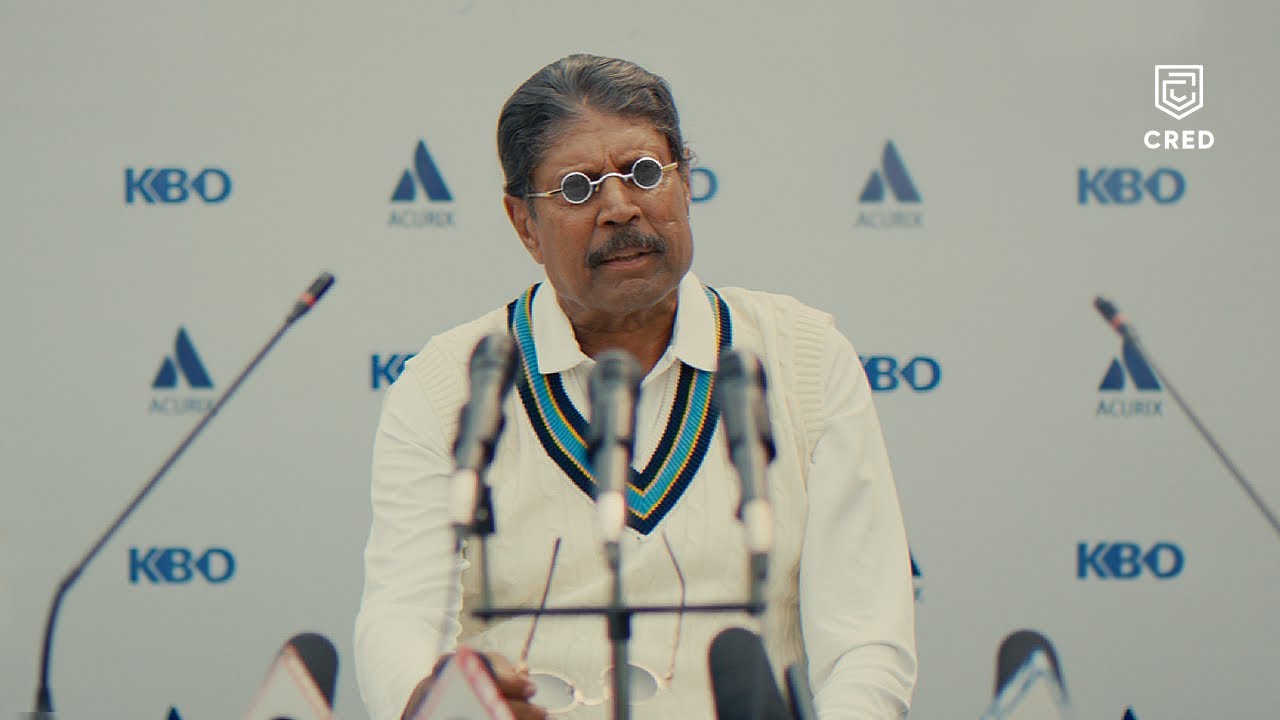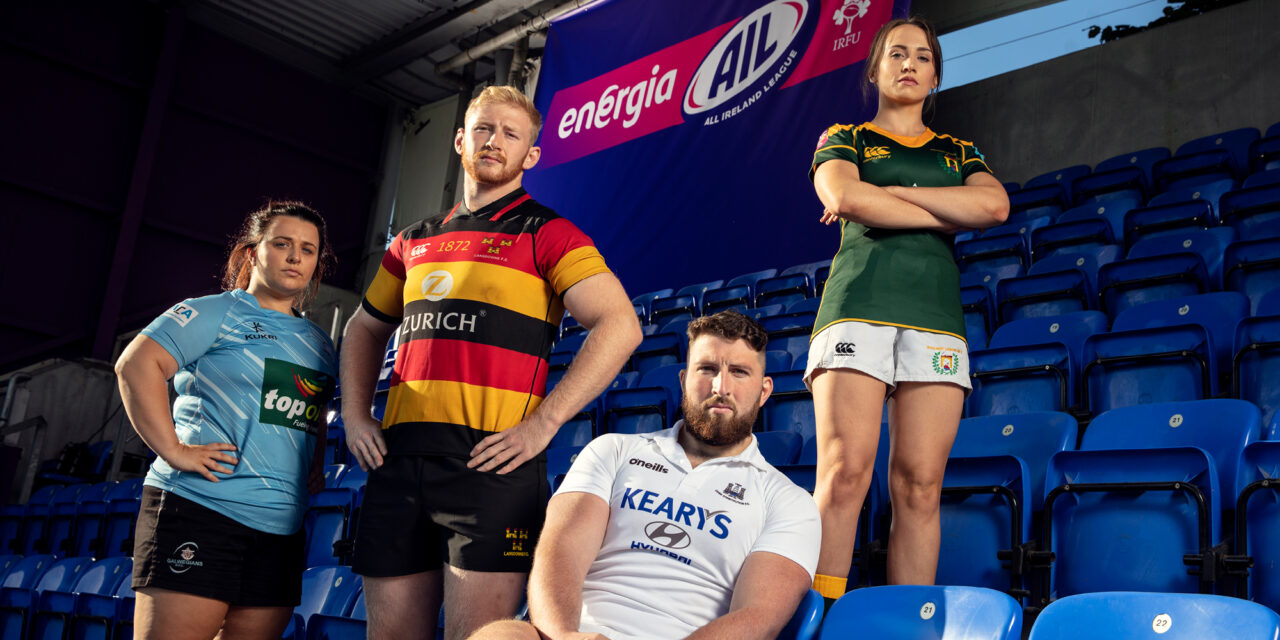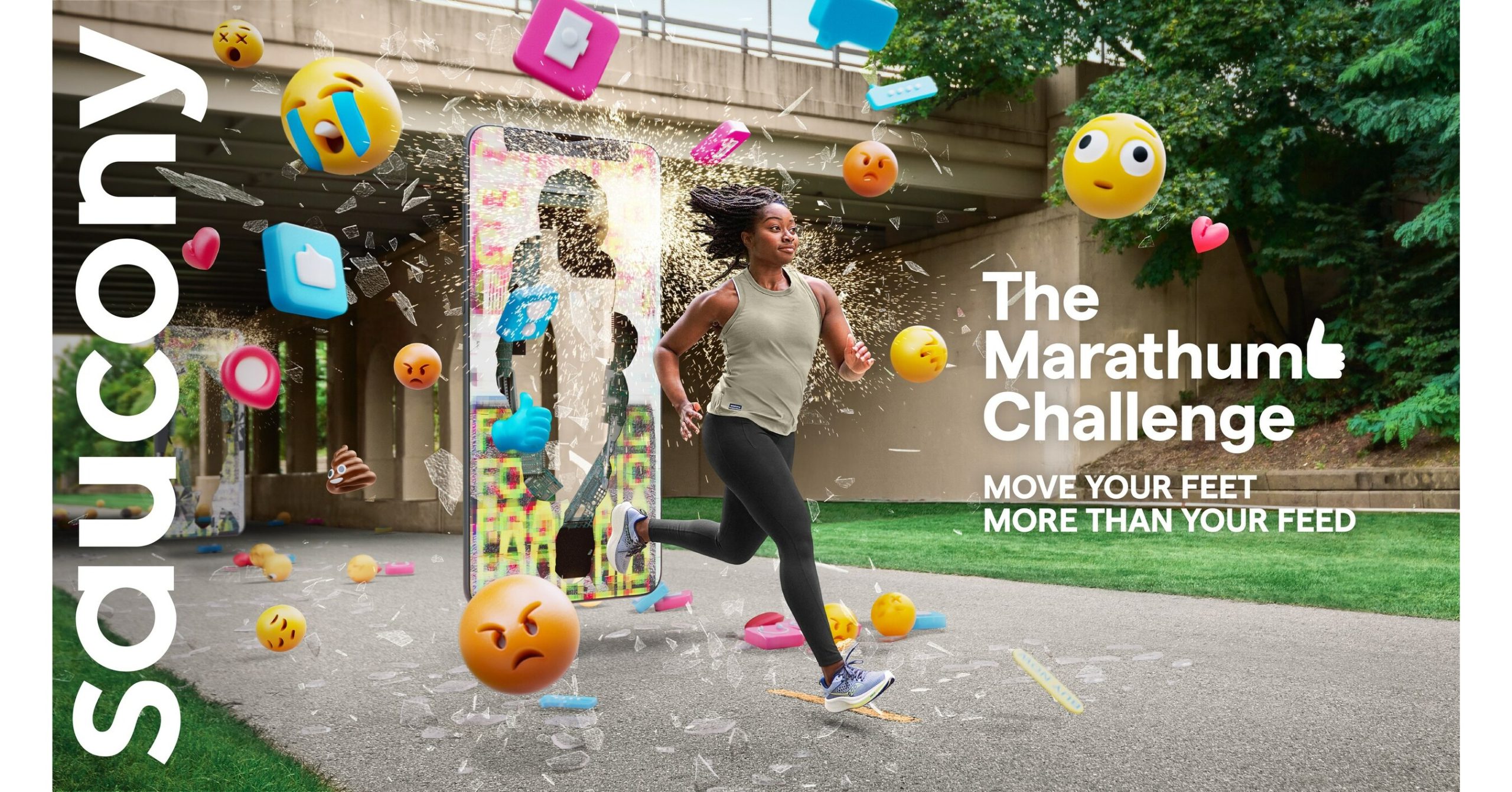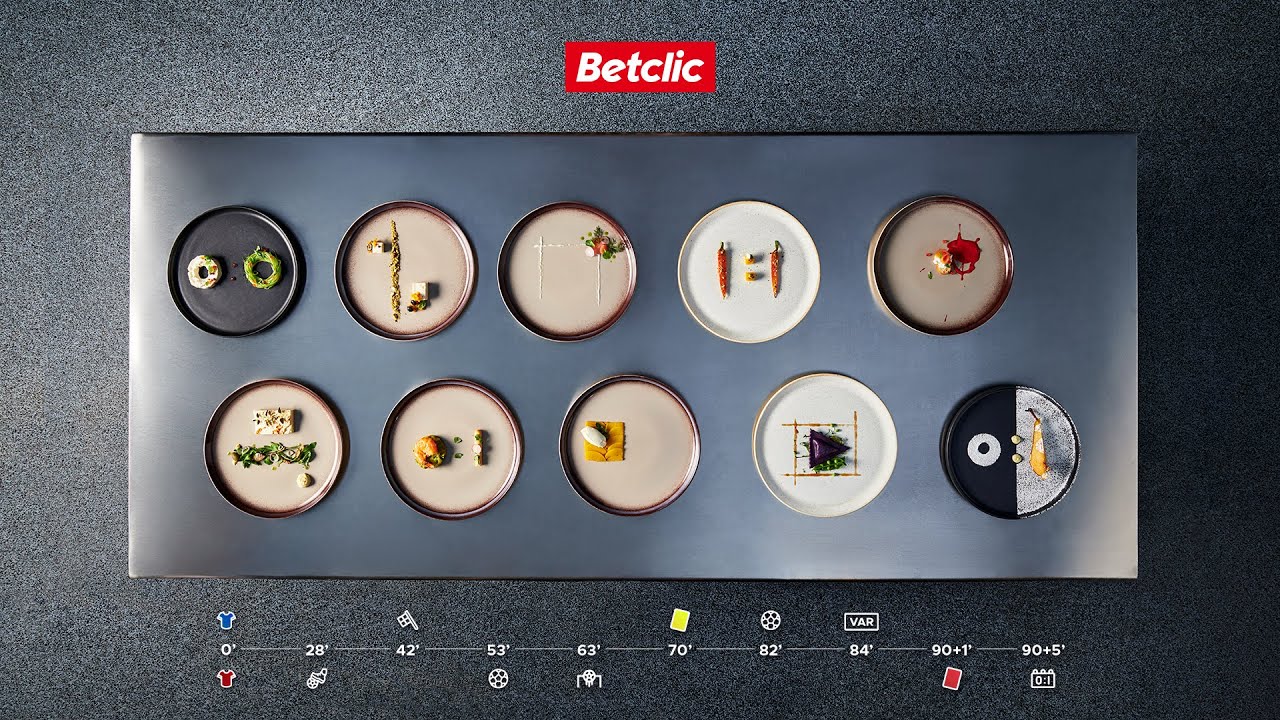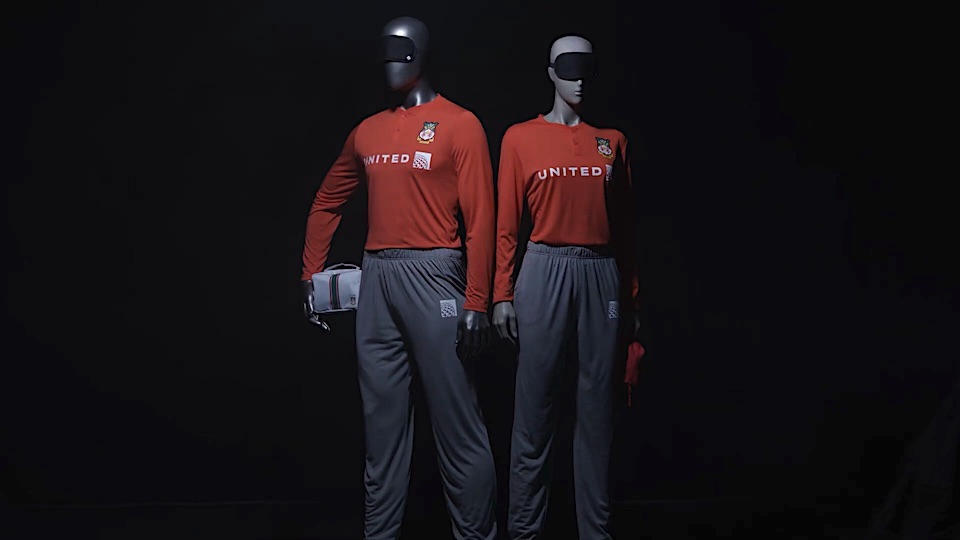1: National Stereotypes & Country Clichés
Sponsor spots and ambush ads built on national stereotypes and country clichés are alive and well in Euro 2016 marketing: with the English, French, Germans and Scots all getting the caricature commercial treatment.
While FA partner Mars’ #Believe sees English mounted knights, tea ladies and corgis storm a French beach, UEFA sponsor Carlsberg offers up a Les Mis style mix of ‘Liberté, égalité, footballité’ and ‘Let Them Drink Beer’ lines in ‘La Revolution’.
Meanwhile DFB partner Lufthansa serves up sauerkraut, oompah bands and lederhosen in ‘Everyone’s Fanhansa‘, while ambusher bookie Paddy Power’s scroll of Scottish stereotypes spans red wigs, tartan kilts, blue Braveheart faces, bagpipes, Nessie and, yes, even The Krankies in #ViveLaBantz.
Some sponsors are trumpeting a fresh, more thoughtful and modern approach to football marketing by moving away from macho messages and jingoistic stereotypes, others still think these well trodden, old school lads ads remain essential to 21st Century football competition commercials.
2: Sportswear – Fewer Brands, More Player Promos & Copa America Links
From Nike’s stylish ‘#SparkBrilliance – The Switch’ short film, through Adidas’ subtler #FirstNeverFollows social approach to Puma’s noisy, colour-led cut-through ‘#ChooseTricks – Play Loud’ campaign, three trends stand out when it comes to Euro 2016 and the sportswear space:
1 > The big three brands have consolidated their hold on the competition
2 > Player endorsers are taking a more important role in activation tactics than at previous tournaments
3 > All Big 3 campaigns also link to the parallel CONMEBOL ‘Copa America’ tournament
Euro 2016 is this year’s biggest event for the world’s sports apparel brands (despite it being an Olympic year) and offers rare blockbuster opportunities for exposure, engagement and driving sales.
In the $5bn global football sector, Adidas and Nike are practically tied in first place, with Puma a fair distance behind in third.
In terms of kit deals, 2016 sees Adidas, Nike, and Puma tighten their grip on their tournament. As a group they have more than doubled their share of national kit supply partnerships over the last two decades.
Adidas has nine team deals (up from five in 1996), Nike is the kit partner of six national sides (up from just 1) and Puma has five football association supplier sponsorships (up from two).
Indeed, back in Euro 96 only 50% of the teams were supplied by brands other than the Big 3, while France 2016 sees just four of the 24 sides signing up with non Big Three brands – Umbro (Ireland), Errea (Iceland), Macron (Albania) and Joma (Romania).
It is also notable that fast rising young brands in the sector – such as Under Armour and Warrior – have yet to make a breakthrough at Euro 2016.
Despite this team kit consolidation and the importance of such deals as marketing tools, there is nevertheless a sportswear marketing tactical shift towards prioritising player-led hero content rather than teams-led work.
The big brands are shifting a large part of their annual marketing budgets to player endorsements when compared to team sponsorships.
One reason behind this is the social media power of these individual stars: sportswear brands often find player ambassador recommendations on their Twitter/Instagram channels offer better value (and often more control) for money compared to the spiralling costs team sponsorship deals (which have now reached $bns).
(Indeed, Beats by Dre claims to have generated 8x the social media value with its player-led strategy compared to team/tournament sponsor rivals).
So Euro 2016 is seeing more campaigns revolving around player ambassadors (think Ronaldo/Rooney/Zlatan for Nike and Pogba/Bale/Ozil for Adidas) as conduits for sports apparel marketing messages.
Player promotional strands also tend to offer brands more control and more flexibility to respond at speed to live events, cultural and technical trends and fast-changing fashion tastes.
The third trend apparent from this year’s UEFA tournament is that Euro 2016 sportswear brand campaigns link to the 2016 Copa America with subtle references via relevant supporting player appearances in ad creative (think Messi/Adidas, Mascherano/Nike and Aguero/Puma).
Thus enabling regional and local marketers to cut down and re-use Euro’s assets for Copa campaign content.
Football is, after all, the world’s game.
3: Fans First – Supporters Before Soccer
They may have invested significant sums to become official global tournament partners, but the most common activation approach adopted by UEFA Euro 2016 sponsors is to focus on the fans rather than the football.
While official telco Orange claims that with its ‘Orange Sponsors You’ campaign it is ‘seeking to take a different approach by focusing on the fans as most other big brands and sports sponsors focus on star players and teams’ one must ask quite how ‘different’ this strategy is.
After all, the official drinks sponsor Coca-Cola is also rolling out a Euro 2016 tournament activation programme that trumpets ‘putting fans at the centre of the campaign’, while official airline partner Turkish Airlines states that it’s ‘Meet Europe’s Best’ initiative ‘focuses the spotlight on the very best fans from around the continent – those who go above and beyond to show their love and passion for their national team’ and official auto sponsor Hyundai’s ‘Real Fans First’ campaign is ’a celebration of fans that brings supporters together to share the tournament excitement’.
It seems the unifying thematic thread that ties Euro 2016 global sponsors together is putting fans first.
4: Bookmaker Marketing Tactics – Incentivisation
 
Bookie marketing around Euro 2016 are all aimed at driving tournament activity and boosting betting through various tactics: these range from incentivising consumers through blockbuster prizes (eg BetVictor’s #MillionPoundGoal), offering security and piece of mind via money-back guarantees (eg BetFred’s #DontPayThePenalty), real-time and action-related consumer challenge content pieces reflecting the brand personality and linked to Euro markets and odds (eg Paddy Power’s #ViveLaBantz), as well as a full mixture of free bet/money offers.
Most gambling campaigns include creative featuring football celebrities – from famous players (eg Ladbrokes #ForTheFans with Ian Rush, Jason McAteer & Emile Heskey etc), to media personalities and commentators (eg BetVictor & Barrie Davies) – to consolidate their football credentials and maximise engagement.
5: New, Young Asian Brands Sponsor Euro 2016 To Boost Awareness, Acquire Fans & Establish Global Position
One feature of Euro 2016 sponsorship saw lesser known emerging overseas brands – led by young companies from developing (Asian) markets – partner with UEFA in a bid to boost brand awareness, drive fan acquisition and establish their global positioning.
Using the stage official tournament rights offer (and particularly its 300 million strong international TV audience), these emerging brands aimed to drive affinity and awareness, change global perceptions and reposition themselves amongst established international brands.
The three companies at the forefront of this strategy and at different developmental stages were Chinese electronics company Hisense (which is seeking to challenge more established competitors like heavyweight global sponsors Samsung and Sony via its #FeelEverything & #QuestForGlory Euro 2016 campaigns), Azerbaijan oil company SOCAR (which is seeking to expand its name recognition and European footprint with its #MakeYourDebut activation) and fast maturing Turkish Airlines and its expansive #MeetEuropesBest initiative.
The objective was to use their official rights and the competition’s reputation, endorsement, trust and reach as an effective platform to accelerate brand building, boost name and logo recognition and to accelerate the path to becoming household names in Western markets.
‘Our sponsorship will help to attract more international attention to our country,’ says SOCAR President Rovnag Abdullayev.
While Hisense vice president Cheng Kaixun argues: ‘The partnership with UEFA will further boost Hisense’s brand value.’
Details of the contracts are covered by confidentiality agreements, but the sponsorships have been reported to be worth around €80m ($90m) over four years and come despite not insignificant human rights concerns.
UEFA counters criticism from organisations such as Amnesty International by arguing that it asks all Euro 2016 partners and suppliers to pledge to respect UN principles on human rights, the environment and corruption.















